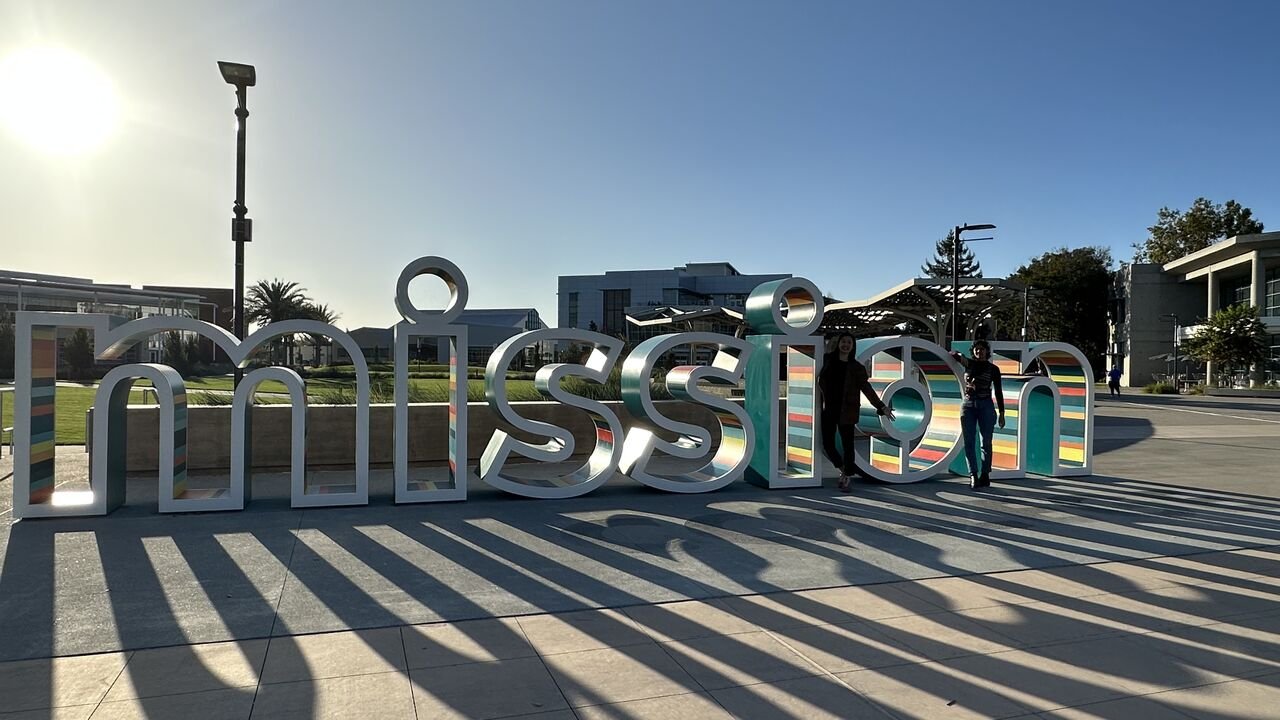CASE STUDY
Increasing BIPOC Male Retention in Higher Education
By engaging with Black, Latino, and Filipino males, DC Design learned about their experiences in higher education enrollment, retention, and success. Utilizing this research, we developed an interactive workbook that informs future efforts to strengthen equity at Mission College.
Social System: Education
Client Type: Non-profit
Deliverable: Strategic Planning, Workbook

THE PROBLEM
Higher education is not set up to fully support Black, Latino, and Filipino males to succeed.
The rate of enrollment and retention for Latino, Filipino, and Black male students is considerably lower than other students at Mission College. Latino, Filipino and Black students at Mission College were dropping out of classes and out of college. Some felt unwelcome and discriminated against.
THE PROJECT BRIEF
How might Mission College improve policies and practices to make the experience for minority students more desirable and equitable?
Mission College sought to increase enrollment and retention of Black, Latino, and Filipino male students in the college’s Career and Technical Education degree programs. They needed a way to engage and gain knowledge from Black, Latino, and Filipino males who are enrolled, have enrolled but dropped their classes before the census deadline, and those who fit the target demographic but have never enrolled. Mission College felt by learning more about their target audience and their needs for pursuing a career in CTE degrees would develop the most actionable strategic plan for developing programs, process, or solutions to the challenge of enrolling and retaining this demographic.
OUR APPROACH
Community research, engaging local BIPOC males in the Bay Area
We conducted research with 66 BIPOC males in the Bay Area community to learn about their, challenges, aspirations, familial and cultural backgrounds, belief systems, and current and ideal higher education experiences. We also engaged 19 stakeholders at Mission College such as faculty, staff, and leadership to further identify gaps and opportunities in the current system.
THE RESULTS
In service of remaining open to possibilities, the research began to elevate the need for a deliverable that was far more interactive for those utilizing it compiled knowledge. DC Design redesigned the strategic plan concept and instead developed an interactive, visual workbook that invites non-student stakeholders to empathize with BIPOC males and reflect on current systems - an effective tool Mission College can use to activate stakeholders towards change.
The workbook is a powerful tool that engages stakeholders in the work of solving equity issues faced by their marginalized communities. It is informative and actionable, furthering dialogues, centering the student experience, and informing ongoing and future educational plans and activities.
This work has resulted in powerful outcomes:
College-wide multi-stakeholder discussions: Discuss findings and brainstorm new ways to support students at 4 key occasions: the leadership retreat, equity workgroup summit, and All College Day sessions.
New employee onboarding: Integrating findings with the existing equity framework to guide new staff during onboarding
Student-centered educational plans: Using findings to inform the development of 4+ strategic plans: Strategic Educational Master Plan, Equity Plan, Guided Pathways, and student Onboarding Transformation.
New data for a call to action: Integrating findings with existing data dashboards to center the student voice in driving equity-minded decisions based on data
LEARN MORE
Social problems are complex. They cannot be solved overnight. Our clients come from different backgrounds and are focused on confronting a diverse range of issues, but one thing that unifies them is the decision they’ve made to reach for outcomes that are better than “good enough.”
Interested in working with us or just have a question? Get in touch


